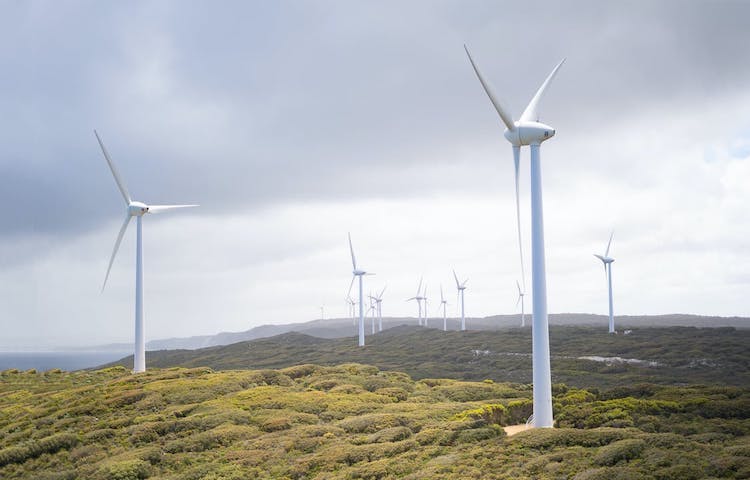
By J W Jackie
RENO, Nevada, USA (IDN) — The latest International Renewable Energy Agency IRENA analysis reveals that by 2050, variable renewables like wind and solar PV will dominate the global total power supply. The insights from IRENA’s World Energy Transitions Outlook were released on March 16-17, 2021, at the Berlin Energy Transitions Dialogue.
With 163 Members, IRENA plays a leading role in the energy transformation as a centre of excellence for knowledge and innovation, a global voice for renewables, a network hub and a source of advice and support for countries. (P05) ARABIC | HINDI | JAPANESE TEXT VERSION PDF
As a part of its contribution to the Climate Investment Platform, IRENA invites financial institutions, development organisations and private investors prepared to support the realisation of projects and projects in need of support to register their interest.
Decarbonizing energy demand and supply by 2050 is necessary to address climate change. This move will significantly affect energy transition globally, making electricity the critical vector in decarbonizing the energy sector.
Ensuring access to affordable, reliable, sustainable and modern energy for all is Goal 7. Taking urgent action to combat climate change and its impacts is Goal 13 of the UN’s 17 Sustainable Development Goals, which the international community endorsed in September 2015 for achiebeing by the year 2030.
Although alternatives are available for deep decarbonization, it’s evident clean energy is set to grow in 2021 and beyond. Ideally, renewables, electrification, and energy efficiency are at the center of energy transformation. Below are three insights into factors that could accelerate the energy transition.
Sustainability and socio-economic balance
As odd as it may seem, the energy-economic growth link poses profound challenges in countries ranking high in the energy transition index (ETI). In fact, of the 115 countries benchmarked for the energy transition progress, less than half increased their transition index score and improved their economic growth. Moreover, concerns about energy affordability have been rising, with advanced economies facing many challenges.
Over the past decade, households in developed countries saw an increase of 25 percent in electricity tariff. During the same period, less than 40 percent of developing countries progressed in economic growth, environmental sustainability, and development.
Leaders should understand that achieving a balanced energy transformation requires improved security, energy access, economic development, and sustainability management. This is because focusing on one driver of the energy transition is the leading cause of global inequality and failure to meet climate change goals.
Share learnings
When it comes to clean energy, European and Nordic countries remain top performers, thanks to political commitment, integrated power markets, and strong sustainability regulatory policies. Regulatory frameworks in these countries also focus on the adoption of innovative tech that transforms energy. Interestingly, emerging markets from China, India, and Brazil are making efforts to scale up renewable energy resources, reducing energy intensity, and expanding global energy access programs.
However, there is still a massive gap in the energy transition progress. To cross this gap quickly, collaboration among nations should be a top priority. Countries with high transition index scores should also share critical insights into regulations and innovations with emerging markets.
At the regional level, governments can transition to clean energy by involving local communities in sustainable projects. For instance, educating the younger generation about clean energy helps nurture an interest in utilizing solar, geothermal, and wind energy and creates room for innovating new systems.
Resilient throughout transition
In the last decade, energy transition progress has been uneven, with only 13 countries out of 115 making significant strides in improving their ETI scores. The debt crisis and systemic shocks caused by the coronavirus pandemic are key factors affecting energy transition roadmaps.
Countries should root transition commitments and roadmaps in economic, political, and social practices to promote irreversible progress and manage potential risks. In doing so, they can accelerate the adoption of renewables, reduce carbon fuels, and improve regulatory frameworks.
While the journey to global transition has just started, policymakers, investors, consumers, and innovators alike are being called upon to do what is required to achieve sustainability goals.
Countries can accelerate the global energy transition by improving socio-economic and sustainability balance and sharing learnings on regulatory policies and innovations. Governments should also be resilient and encourage collaboration across ecosystems and sectors. [IDN-InDepthNews – 08 May 2021]
Photo credit: Pexels | Harry Cunningham @harry.digital











